Tagged with Privacy
Not everything online is evil, nor does danger lurk behind every new app that comes to market. But keeping up with your teens' and preteens' online activities is much like trying to nail jelly to the barn door -- frustrating, futile and something bound to make you feel inept.
Keep in mind that no app poses a danger in and of itself, but many do provide kids with an opportunity to make, ahem, bad choices.
'If you think about it, our smartphones know more about us than our closest friends. We store passwords, surf the web, and text everyone from our family to our 💋lovahs💋 on our devices, and for that reason, we password protect the hell out of ’em.
So with that in mind, would you ever just hand your phone, right now, to your ex?'
When it comes to digital citizenship, privacy and respect, should you ever want to look at someone's messages and shares?
Read the article and watch the video here
The UK’s data protection watchdog has warned that retailers can track every move of their customers using their phones and target them using facial recognition software.
Vast amounts of personal, behavioural and academic data about children are being collected, processed and used by schools, local authorities, and the government every year.
But a recent review by the Information Commissioner’s Office (ICO) in the UK of 50 websites and apps used by children found that only a third had “effective controls in place to limit the collection of personal information from children”.
Read more
In September 2015 the National Police Chief Council released a statement on the procedure they have to take when a ‘sexting’ incident is reported to the police. As a result South West Grid for Learning and the UK Safer Internet Centre have updated their advice for schools when responding and managing a sexting incident into two infographics.




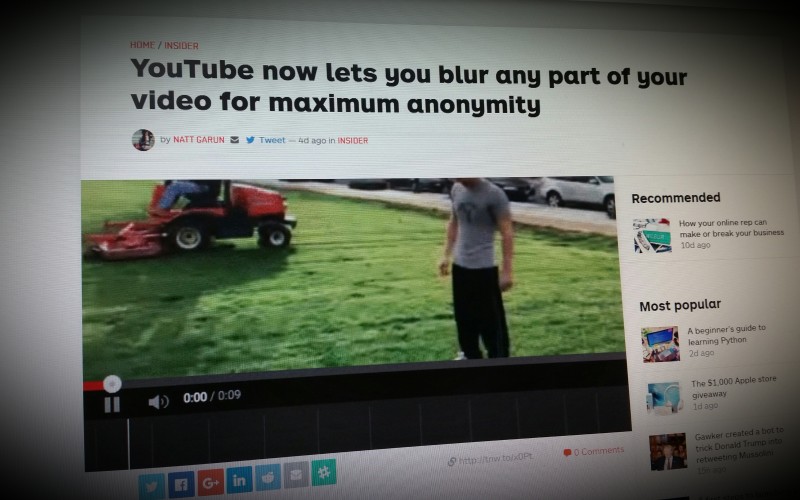
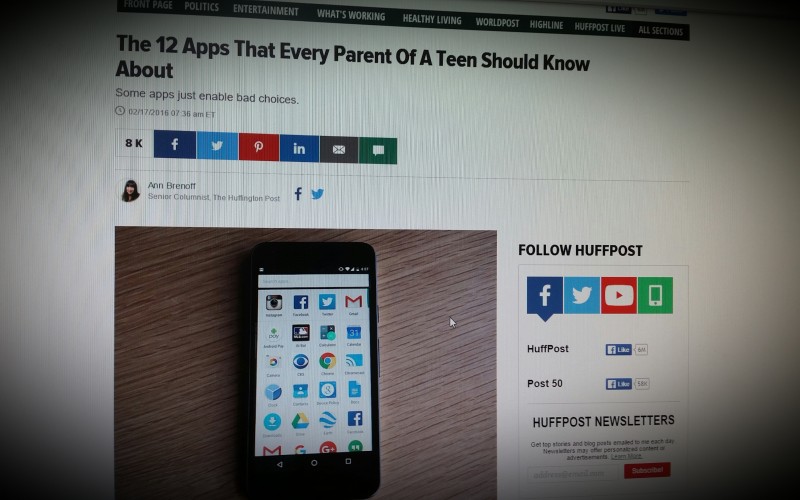
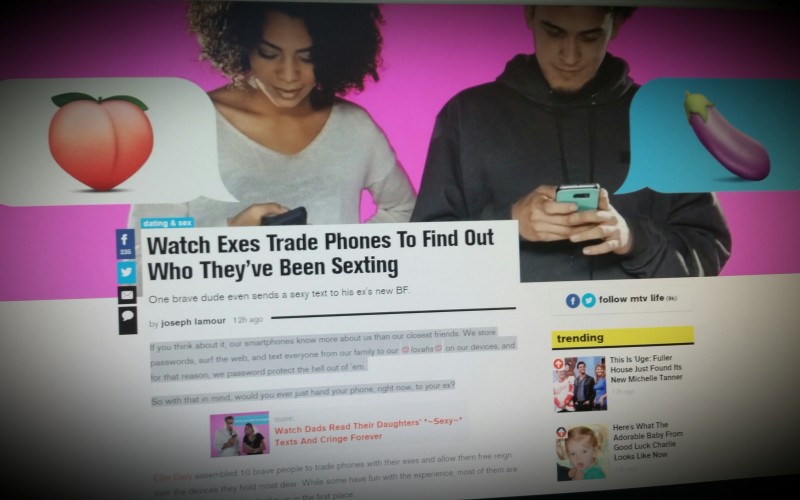
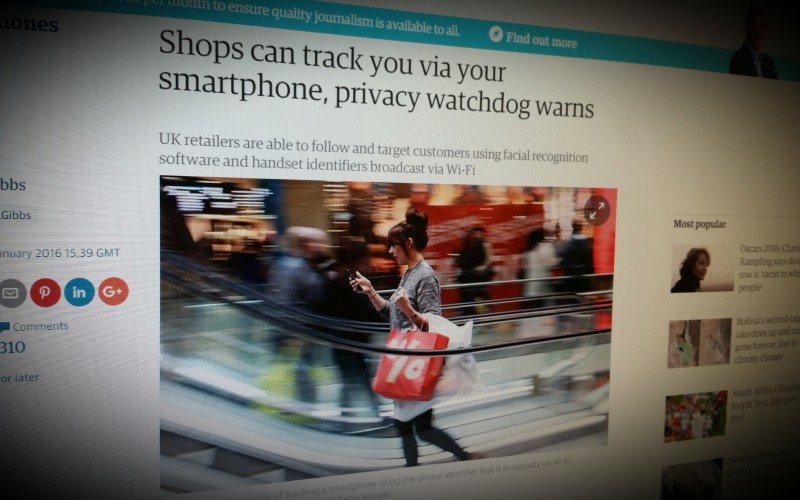
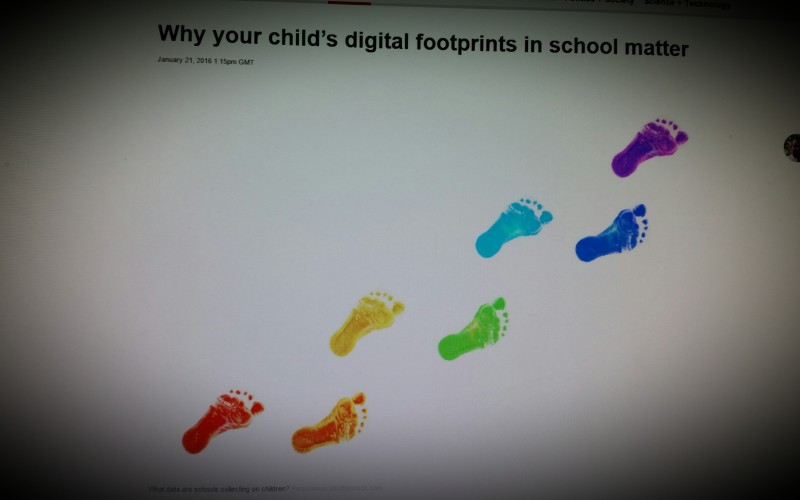
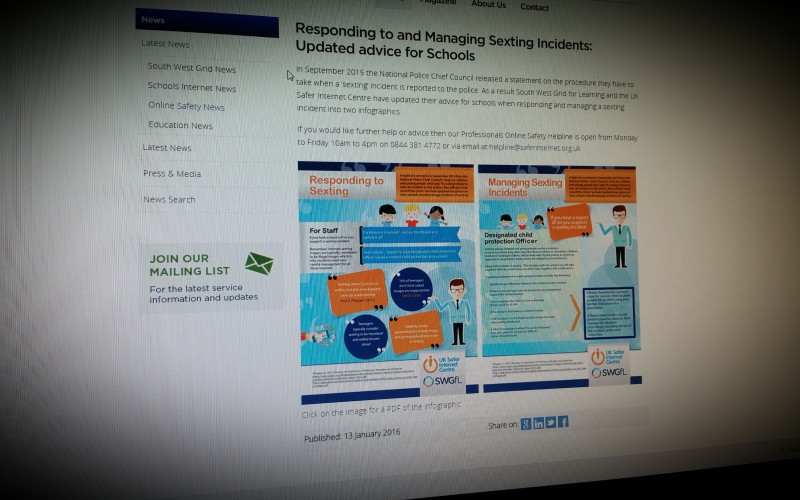
Comments
make a comment